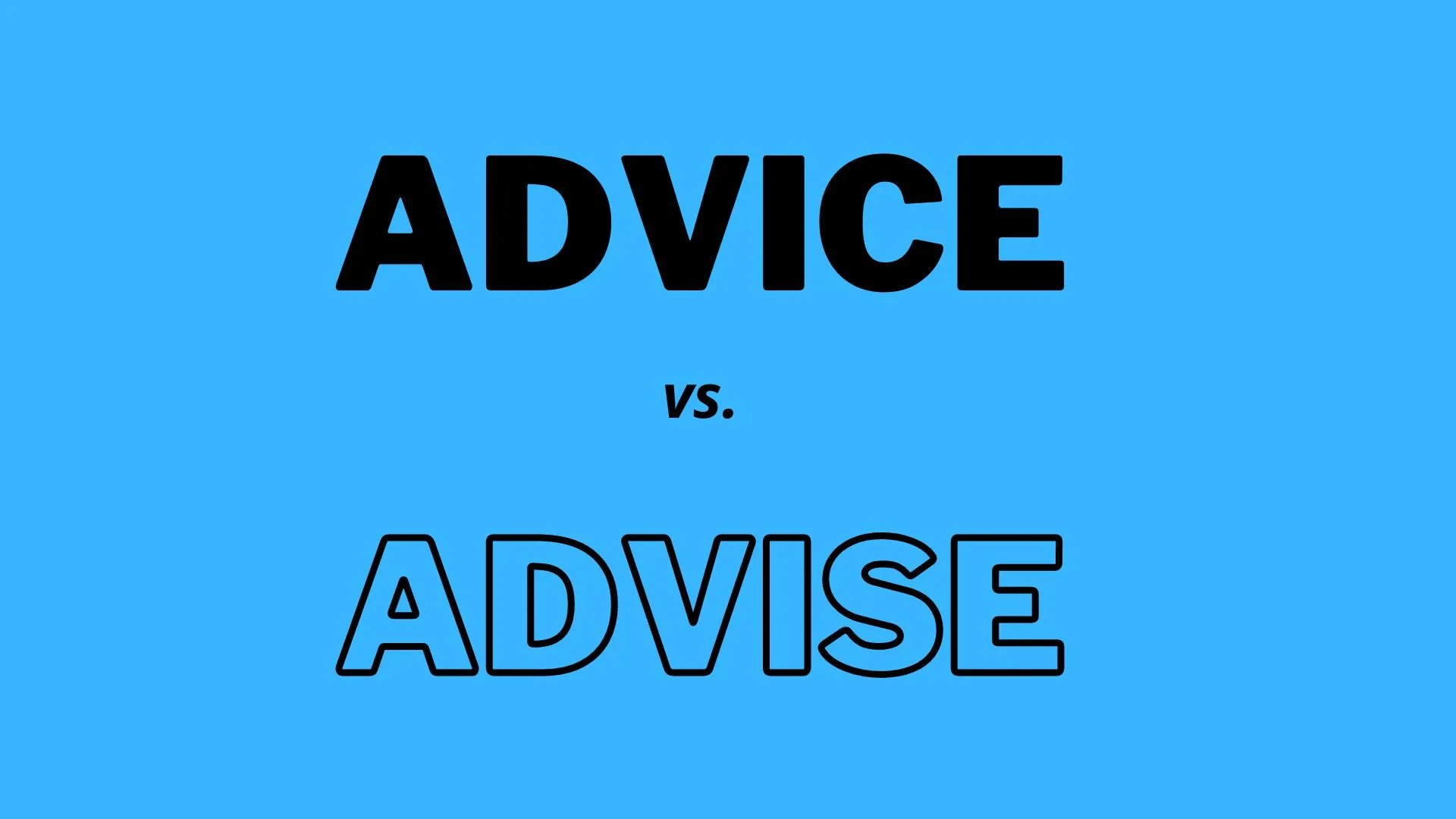

One set of words that many English-language learners and native speakers alike find confusing are the words “advice” and “advise.” Although these two words are closely related, their meanings and usages differ. This article will discuss the difference between “advice” and “advise,” provide tips for teaching ESL students the difference between their meaning and pronunciation and offer examples and tips for remembering them.

The difference between “advice” and “advise” can be challenging to understand, but it is vital to recognize the difference to ensure effective communication in writing. The word “advice” is a noun and should be used when referring to an opinion or recommendation given to someone. For example, when giving someone advice, a teacher might say, “I have some advice for you.” The word “advise” is a verb and should be used when referring to giving someone advice or recommending a course of action. For example, when advising someone to take a particular course of action, one might say, “I advise you to take this course of action.”
Teaching English as a Second Language (ESL) students the difference between “advice” and “advise” can take some time. Still, some strategies can be used to make the learning process easier. One method is to provide students with examples of the words in context. For example, when teaching the word “advice,” a teacher might provide a sentence such as “My friend gave me some good advice.” When teaching the word “advise,” one might give a sentence such as “My friend advised me to take this course of action.” Another helpful strategy is to have students create a chart describing the differences and then create sentences using “advice” and “advise.” Finally, providing students with plenty of opportunities to practice using the words in context is essential. This can be done through written assignments, oral presentations, or role-playing activities.
Here are some examples of how to use the words “advice” and “advise” in professional writing:
Here are some tips to remember the differences between the two words:
In conclusion, it is vital to understand the difference between “advice” and “advise” to ensure effective communication in professional writing. Teaching ESL students the difference between these two words can be challenging, but some strategies can be used to make the learning process easier. With this guide, teachers will be well on their way to helping their students become professional writers.
Date: February 28th, 2023
 Theresa
Theresa